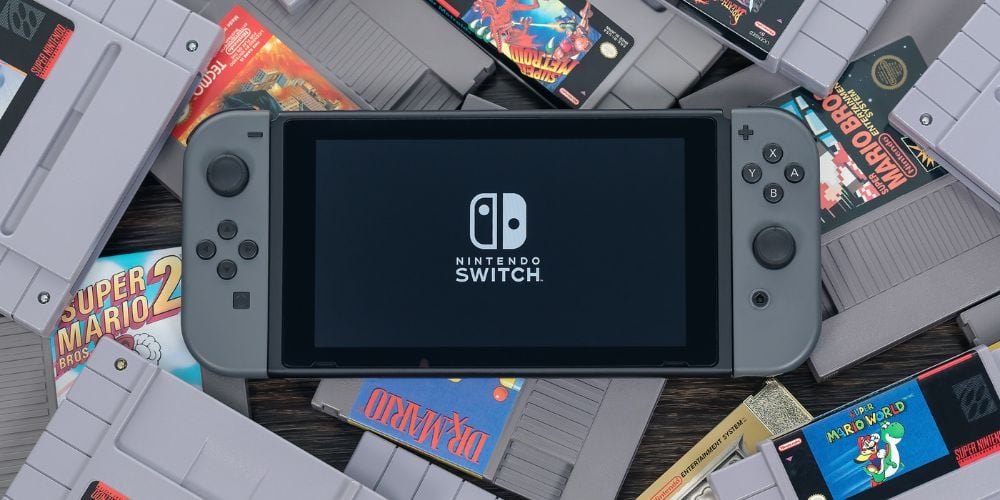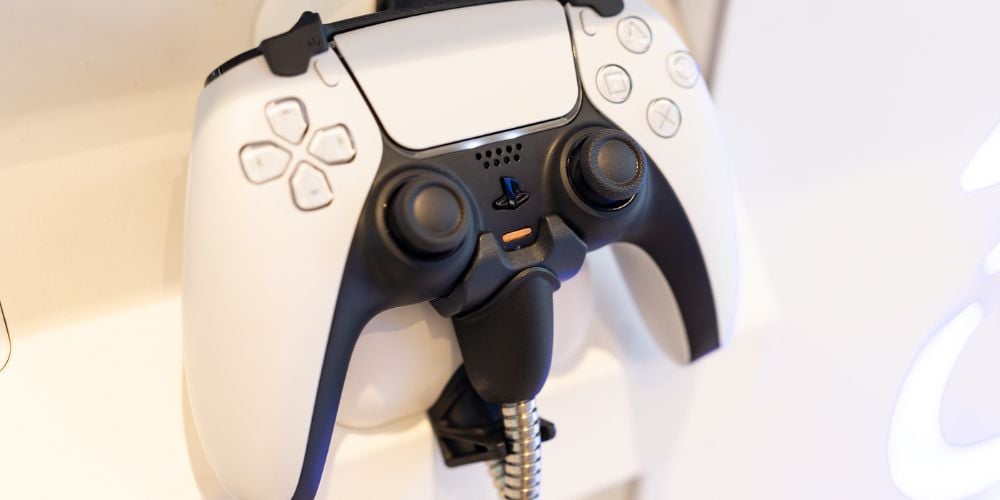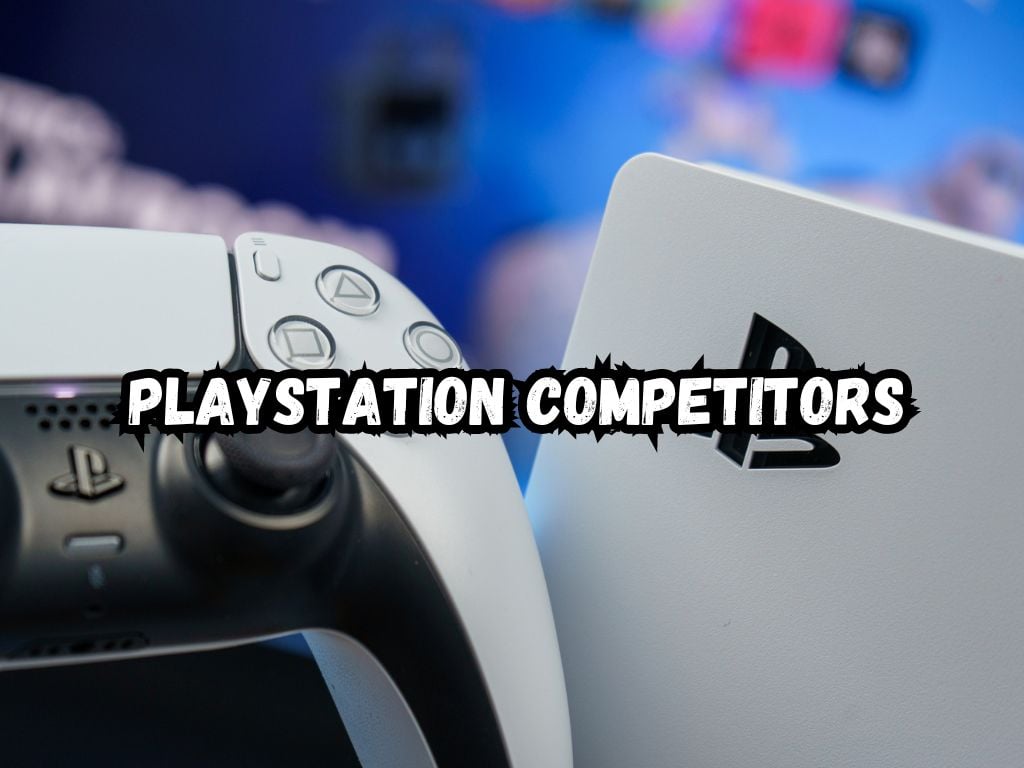The gaming industry has experienced exponential growth in recent years, with fierce competition driving innovation and pushing gaming companies to deliver the best gaming experiences.
PlayStation, a name that has become synonymous with gaming excellence, has faced formidable rivals throughout the years.
In this article, we will delve into the PlayStation competitors and explore the fierce battles in the console wars.
Let’s uncover the gaming giants that pose a challenge to PlayStation’s dominance, including Xbox, Nintendo, Sega, and other emerging competitors.
Major PlayStation Competitors
Xbox
Xbox, developed by Microsoft, is a long-standing contender in the console wars.
Introduced in 2001, Xbox has made significant strides in terms of features and market share.
It boasts an extensive library of exclusive games, such as the iconic Halo and Gears of War franchises.
Xbox Live, their online service, offers a seamless multiplayer experience, which has been a key selling point for the brand.
The Xbox Game Pass subscription service has also been popular among gamers, providing access to a wide variety of games.
Microsoft’s commitment to backward compatibility is another advantage, allowing players to enjoy both current and past generation games on their consoles.
Xbox Series X, the latest addition to the Xbox family, stands out for its powerful hardware and enhanced graphics capabilities, ensuring a more immersive gaming experience.

Nintendo
Nintendo, a pioneer in the gaming industry, has carved its own niche by delivering innovative and family-friendly gaming experiences.
With consoles like the Nintendo Switch and handheld devices like the 3DS, Nintendo caters to a broader audience.
Unique franchises like Super Mario, The Legend of Zelda, and Pokémon have become synonymous with the brand, and their exclusive games have been instrumental in Nintendo’s ongoing success.
The Nintendo Switch, a hybrid console that can be played both docked and on the go, revolutionized gaming by seamlessly transitioning between playing on the television and as a portable device.
This versatility, coupled with Nintendo’s ability to create captivating gaming experiences, has attracted a large and loyal fanbase.
Nintendo’s focus on local multiplayer and family-oriented games has made it a popular choice for social gaming gatherings.
Sega
Once considered a major player in the gaming industry, Sega now operates as a third-party publisher and developer.
Although no longer manufacturing consoles, Sega continues to release titles across various platforms.
The brand retains a loyal following, particularly in the retro gaming community, thanks to iconic characters like Sonic the Hedgehog.
Sega’s ability to tap into nostalgia by remastering classic games and introducing new Sonic titles has helped them stay relevant.
While Sega doesn’t directly compete with PlayStation on the hardware front, the impact of its legacy cannot be understated.
Sega’s game development and publishing efforts, though not as prominent as in previous decades, still make them a recognized member of the gaming industry.
Other Competitors (Alienware, Oculus, Valve’s Steam Deck)
Apart from the traditional console competitors, other players have emerged in the gaming market.
Alienware, known for its powerful gaming PCs, offers high-performance alternatives to console gaming.
With customizable hardware configurations, Alienware provides a premium gaming experience for those seeking the utmost in graphical fidelity and performance.
Oculus, a leading virtual reality (VR) company, provides immersive experiences with their VR headsets.
Although not directly in competition with traditional consoles, VR gaming offers a unique and compelling experience that appeals to a growing niche of gamers.
Oculus’ dedication to creating a library of VR-exclusive games and partnerships with established franchises has boosted its appeal among gaming enthusiasts.
Valve’s Steam Deck is the latest entrant in the gaming market. Built by the creators of the popular online gaming platform Steam, the Steam Deck is a handheld gaming device that combines the freedom of PC gaming with the convenience of portability.
With a large library of games available on Steam, the Steam Deck aims to provide an all-in-one solution for gamers who value both power and portability.
Comparison Factors
To assess the competition, several factors come into play. These factors contribute to the overall playing experience and impact consumer preferences:
- Hardware: Each competitor’s console or device offers unique features and specifications. These may include processing power, graphics capabilities, storage capacity, and the ability to support future technological advancements.
- Exclusive Games: A major differentiating factor for gaming consoles lies in their exclusive game libraries. The availability of highly anticipated titles can sway gamers’ preferences and influence console sales.
- Online Services and Features: Online services like multiplayer functionality, game streaming, and digital marketplaces play a crucial role in enhancing the gaming experience. Robust online communities and engaging multiplayer experiences have become essential for modern gaming.
- User Experience and Interface: Intuitive and user-friendly interfaces with seamless navigation and performance contribute to a positive gaming experience. Factors such as load times, responsiveness, and ease of use can greatly impact a player’s satisfaction with a console or device.

Market share and sales performance provide valuable insights into the competition among gaming companies.
According to recent data, PlayStation continues to dominate the market, with a significant share of global console sales.
However, Xbox and Nintendo have managed to secure a substantial portion of the market, offering stiff competition to PlayStation.
The release of new console generations has a significant impact on market dynamics.
Console manufacturers must continually innovate to attract new customers and retain existing ones.
PlayStation’s dominant market position has been challenged by Xbox’s growing market share, as showcased by the successful release of Xbox Series X and Series S consoles.
Nintendo’s unique approach to gaming and ability to capture a diverse audience have also allowed them to maintain a strong presence in the market.
Frequently Asked Questions
What makes Xbox the biggest competitor of PlayStation?
Xbox’s powerful consoles, extensive library of exclusive games, and robust online services make it a strong contender in the console wars. The availability of highly popular franchises like Halo and Gears of War, coupled with the seamless multiplayer experience offered by Xbox Live, has garnered a dedicated fanbase.
How does Nintendo differentiate itself from PlayStation?
Nintendo’s family-friendly approach, unique franchises, and innovative hardware like the Nintendo Switch set it apart from PlayStation. Nintendo focuses on delivering memorable gaming experiences for all age groups. Their emphasis on local multiplayer, portability, and intuitive gameplay have attracted a diverse audience.
Are there any other competitors apart from Xbox and Nintendo?
Yes, other competitors include Alienware, offering high-performance gaming PCs that compete for the attention of hardcore gaming enthusiasts. Oculus, known for its VR headsets, provides a distinct gaming experience, particularly for those seeking the immersion of virtual reality. Valve’s Steam Deck, combining PC gaming with portability, presents another alternative for gamers looking for flexibility in their gaming experiences.
How does virtual reality (VR) competition fit into the picture?
Virtual reality presents a new frontier in gaming, with companies like Oculus leading the way. While VR is not a direct competitor to traditional consoles, it offers a unique gaming experience that caters to a different audience. VR’s potential lies in its ability to transport players into immersive worlds, allowing for new types of gameplay and interaction.
Will mobile gaming platforms pose a significant threat?
Mobile gaming platforms have gained significant traction due to the widespread adoption of smartphones. The convenience and accessibility of gaming on mobile devices attract a wide audience. While they pose a threat to traditional consoles, there is still a distinct market for gamers who prefer the immersive experience provided by consoles. Console manufacturers recognize this and are actively exploring ways to bridge the gap between traditional console gaming and mobile gaming.
Conclusion
PlayStation faces formidable rivals in the gaming industry, with Xbox and Nintendo leading the charge.
Other competitors, including Sega, Alienware, Oculus, and Valve’s Steam Deck, add further diversity to the gaming market.
Understanding the strengths, weaknesses, and key differentiation factors of these competitors is crucial for PlayStation to maintain its position as a dominant force.
As the gaming landscape continues to evolve, it is essential to adapt to emerging trends and challenges to remain at the forefront of the console wars.
Each competitor brings unique offerings to the table, and the battle for players’ hearts and minds will intensify as gaming technology advances.
Ultimately, it is the gamers who benefit from the fierce competition, as it drives innovation and ensures a vibrant and ever-evolving gaming ecosystem.


 Tags:
Tags:










